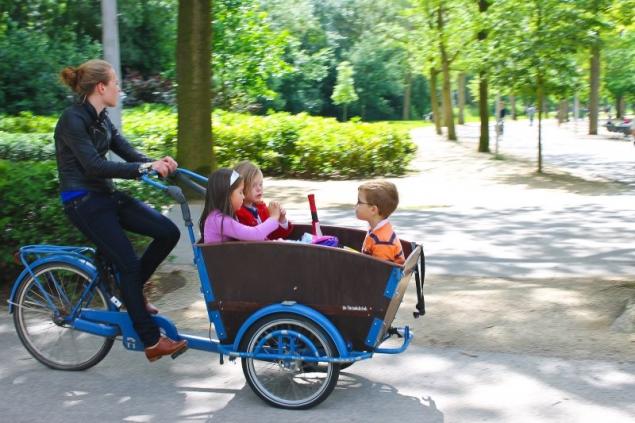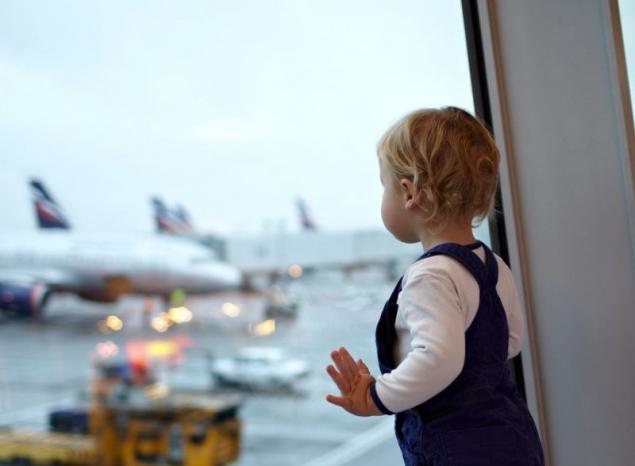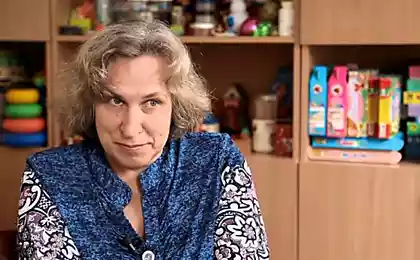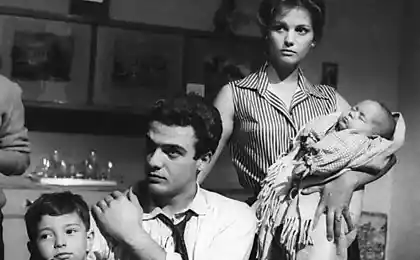175
How Dutch Parents Raise Children
Raising a child is an important process that can be carried out in different ways. And every loving mother probably believes that her approach to education is the only correct one. However, in every locality, in every society, and especially in every country, there are features of education and upbringing of childrenWhich can be very confusing to strangers.
And today we decided to talk about the features of upbringing in the Netherlands, which will surely surprise many of our mothers. But after the surprise, you may want to try to make some changes in your educational process.

From the outside it may seem that the Dutch carelessly treat children, but in fact they love them very much. Not just your own. And walking with the baby through the streets of Amsterdam, you can be surprised to note that passers-by look into the wheelchair, make baby faces, make compliments. They also raise their children unusually.

So, on the one hand, it seems that Dutch moms and dads are frivolous about their duties, but if you delve into it, you understand that there is a lot of common sense behind each principle.

By the way. Dutch parents In many ways, it is possible to reach the child through deft manipulation of his attention. The baby is capricious, turning away from the diaper - give your favorite toy. Cries and demands to buy him another car - ask if he wants to walk in the park or prefers to go home. It hurts. Tell me a funny story.
Recently, we have already told how children are brought up in France, that they are never capricious and respect the elders. It turns out that there are quite strict principles. They also explained how different it is. parenting in the most developed countries of the world. Be sure to find out.
And today we decided to talk about the features of upbringing in the Netherlands, which will surely surprise many of our mothers. But after the surprise, you may want to try to make some changes in your educational process.

From the outside it may seem that the Dutch carelessly treat children, but in fact they love them very much. Not just your own. And walking with the baby through the streets of Amsterdam, you can be surprised to note that passers-by look into the wheelchair, make baby faces, make compliments. They also raise their children unusually.

- Strong immunity is better than any medicine cabinet
With a cold, you do not worry and do not call a doctor, even if the temperature is 38 ° C. The child snot - we drop drops, sore throat - drink chamomile tea. The philosophy is simple: it is better to strengthen the immune system than to spend on drugs. And while in early spring our mothers carefully wrap the child in a winter jumpsuit, the guys there are already racing without hats. - No worries about breastfeeding.
After the birth of a child, the Dutch mother does not include in the diet except onions, spicy spices and alcoholic beverages. Otherwise, she eats whatever she likes.
- No screaming and no belt.
Parents not only do not shout or insult children, but even rarely criticize them. The child is told everything during a quiet conversation. It is believed that screaming, and especially corporal punishment - a sign of helplessness and loss of control. - A child is a person
The child gets maximum freedom in making decisions. The main thing is that it is safe for him and does not cause inconvenience to other people. As a result, the child makes mistakes and learns from them, and parents only tell how to do the right thing. It teaches the child to make decisions from an early age to grow confident and self-sufficient.
- Tactfulness and civility
The scandalous Dutchman is a rarity, and in many ways such non-conflict is instilled in childhood. Parents are taught to respect the opinion of the interlocutor, even if it is very controversial. Therefore, a child from an early age knows that it is better to remain silent than to say something offensive. - Not like everyone else, but great.
The Dutch are not in the habit of comparing a child to other children or adjusting it to any standard. Writes with his left hand? Great, maybe he's more comfortable. Not potty yet? Well, it'll come later. The child is appreciated with all his characteristics, and he feels it.
- Without sports.
Reading books, fiddling with the phone or sitting at the computer is, of course, an interesting activity for a child, but spending time with friends is much better. Therefore, Dutch parents from an early age instill in the child a love of sports, because moderate physical activity in the company of like-minded people is not only fun, but also useful.
So, on the one hand, it seems that Dutch moms and dads are frivolous about their duties, but if you delve into it, you understand that there is a lot of common sense behind each principle.

By the way. Dutch parents In many ways, it is possible to reach the child through deft manipulation of his attention. The baby is capricious, turning away from the diaper - give your favorite toy. Cries and demands to buy him another car - ask if he wants to walk in the park or prefers to go home. It hurts. Tell me a funny story.
Recently, we have already told how children are brought up in France, that they are never capricious and respect the elders. It turns out that there are quite strict principles. They also explained how different it is. parenting in the most developed countries of the world. Be sure to find out.



























